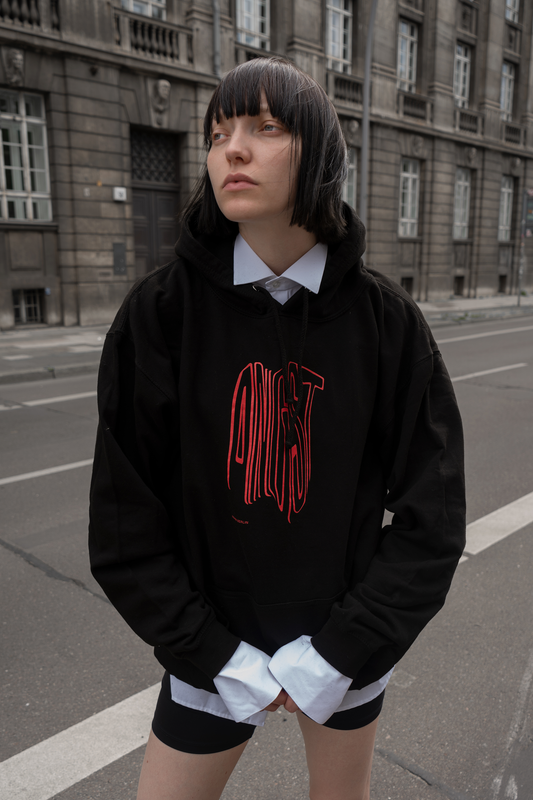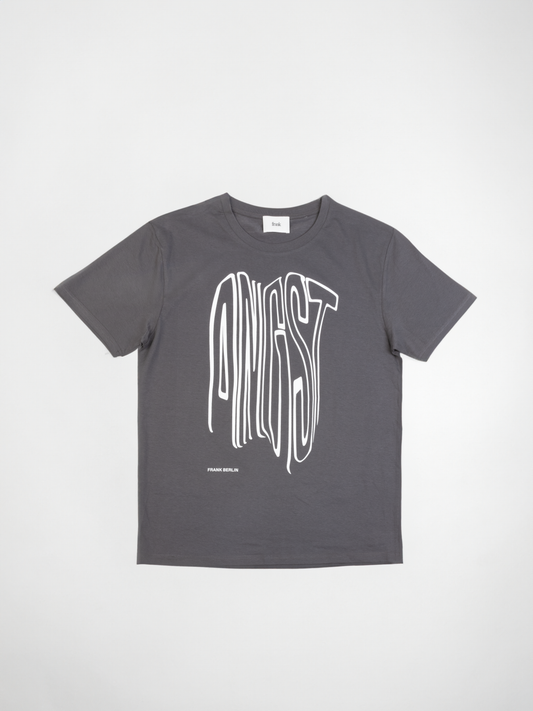June: Pride Month and Mental Health
Share
Authors: Tuğçe Özdemir and Guadalupe Farah
Why is June the Pride Month? A colorful celebration, with a powerful history…
As much as we cherish our celebration of pride through dancing, fun and dressing up, one thing we must acknowledge is that the Pride Month goes beyond the colorful rainbow parades; it’s about celebrating resilience, progress, the struggle for equal rights and justice, and a strong sense of community. But why do we celebrate in June? Well it all traces back to the historic Stonewall Riots in Manhattan on June 28th, 1969.
Picture a small bar in Greenwich Village called the Stonewall Inn, a safe haven for LGBTQ+ individuals. At that time, what was called “homosexual acts” were illegal not only in the U.S. but also in many other countries. On that night just like before the police raided the bar. However this time the patrons were fed up with the constant harrasment and social discrimination, this time they chose to fight back. That night LGBTQ+ activists took the lead of the riots, demanding justice and refusing to be silenced. For weeks, amidst tear gas, homophobic and transphobic slurs, and ongoing violence, the LGBTQ+ community stood firm in their fight for their rights.
A year later, on June 28, 1970, on the anniversary of the riots, the first Pride parade took place. Thousands of people marched from the Stonewall Inn to the Central park saying: “Say it loud, gay is proud.” Since then, Pride celebrations have expanded all over the world, uniting hearts across continents.
A crucial conversation…
Even today, there’s a pressing need to normalize conversations about mental health and raise awareness of the unique needs of the LGBTQ+ community. Navigating through life as part of the LGBTQ+ often means facing significant social discrimination. This discrimination can take many forms, from unequal treatment in workplaces and legal battles for basic rights to enduring societal prejudices and stigma. It creates barriers that affect everything from healthcare access and educational opportunities to job prospects. Sadly, hate crimes and harassment based on sexual orientation or gender identity are all too common, contributing to a pervasive sense of exclusion and fear.
While the LGBTQ+ community can be a source of strength, it may also bring its distinct challenges. It’s normal to struggle with fitting in while still trying to figure things out for yourself. On top of that, prejudices and discrimination within the LGBTQ+ community are complex issues that can create division and harm. Despite the goal of inclusivity, internal biases based on factors such as race, gender identity, sexual orientation, and socioeconomic status can marginalize certain groups within the community itself. These prejudices lead to exclusison, stereotyping and even hostility for those trying to join the community to find support. Transgender individuals, people of color, and those with different abilities often face compounded discrimination, highlighting the intersectional challenges within LGBTQ+ spaces.
According to the official website of the National Allience on Mental Illness, LGBTQ+ youth, in particular, face greater risks for mental health conditions and suicidality. They are more than twice as likely to report persistent feelings of sadness or hopelessness compared to their heterosexual peers. Transgender youth face even greater disparities, being twice as likely to experience depressive symptoms, seriously consider suicide, and attempt suicide compared to their cisgender, lesbian, lesbian, gay, bisexual, queer youth.
Unique mental health challenges faced by the LGBTQ+ community include coming out to family and friends, possible rejection or harassment, being targeted for violence, homelessness, inadequate health care resources, and the threat of losing rights through policy changes. These are real concerns that contribute to persistent stress and mental health symptoms. And unfortunately, this discrimination that LGBTQ+ often face, also spread to mental health treatments. It makes it difficult to access quality treatment for mental health issues. Social problems, such as high rates of depression; bullying and drug use; hostility, harassment, family conflicts, such as rejection or lack of understanding, stigma, and discrimination, exacerbates poor mental health outcomes and contribute to the higher risk of mental health problems in the LGBTQ+ community.. On a broader scale, a lack of institutional support to protect their rights leaves LGBTQ+ individuals more vulnerable to experiences that may compromise their mental health.
What can you do to help?
As we celebrate Pride Month, it's crucial to acknowledge and address these mental health challenges. We must strive for broader societal acceptance and understanding of the diverse identities within the LGBTQ+ spectrum. By fostering a culture of inclusivity and respect, we can work towards a future where everyone can live authentically and without fear of discrimination. And it is known that allies play an important role in supporting the LGBTQ+ community. As an ally you can help by fostering understanding, support, and inclusion. Here are some friendly ways you can make a difference:
- Talk and listen: Create a safe environment where people feel comfortable sharing their experiences. Sometimes, just having someone to talk to can make a big difference.
- Educate yourself: Learn as much as you can about LGBTQ+ issues and mental health. Understanding these topics helps you offer better support.
- Educate others: Share information about LGBTQ+ issues and mental health with your network.
- Manage your reactions: Be mindful of your own feelings and responses. Stay calm and compassionate when interacting with someone who is struggling.
- Stay involved: Be proactive in supporting LGBTQ+ rights and mental health initiatives. Your involvement can help drive positive changes.
- Speak up: Challenge homophobic, biphobic, and transphobic remarks or behaviors when you see them.
- Show up: Participate in Pride events and LGBTQ+ advocacy efforts.
Resources for Mental Health Support
Here are some organizations that provide mental health support for LGBTQ+ individuals:
The Trevor Project: A leading nonprofit organization focused on crisis intervention and suicide prevention efforts among LGBTQ+ youth.
National Alliance on Mental Illness (NAMI): Offers resources and support groups.
PFLAG: Stands for Parents, Families, and Friends of Lesbians and Gays. It is a national nonprofit organization in the United States that provides support, education, and advocacy for LGBTQ+ individuals and their families, friends, and allies.
Trans Lifeline: A nonprofit organization that provides crisis intervention and suicide prevention services to transgender and gender non-conforming individuals.
LGBT National Help Center: An organization that provides vital support and resources to LGBTQ+ individuals through several key programs: LGBT National Hotline, LGBT National Youth Talkline, Online Peer Support Chat.
HAPPY PRIDE MONTH!
Reference links
https://www.history.com/topics/gay-rights/the-stonewall-riots#the-stonewall-riots-begin
https://www.goodgoodgood.co/articles/how-to-celebrate-pride-month
https://mindfulsoulwellbeing.com/how-to-be-an-ally-in-mental-health-during-pride-month/
https://www.familyaware.org/what-you-can-do-to-support-lgbtq-youth-at-risk-of-depression-and-suicide/
https://www.ncbi.nlm.nih.gov/pmc/articles/PMC4887282/
https://www.nami.org/your-journey/identity-and-cultural-dimensions/lgbtq/




